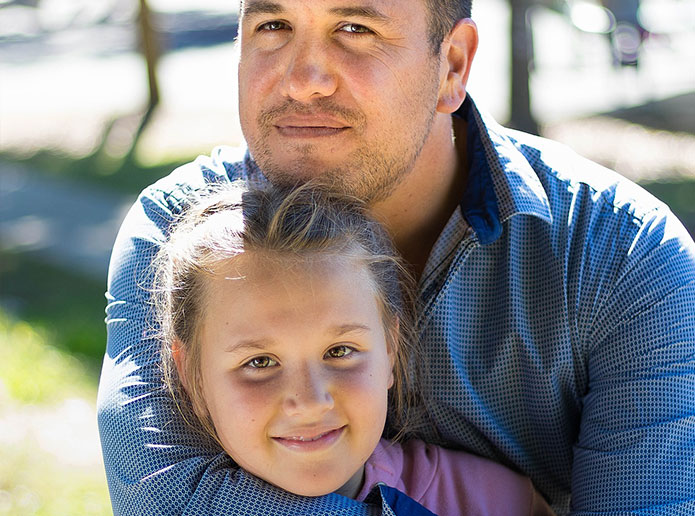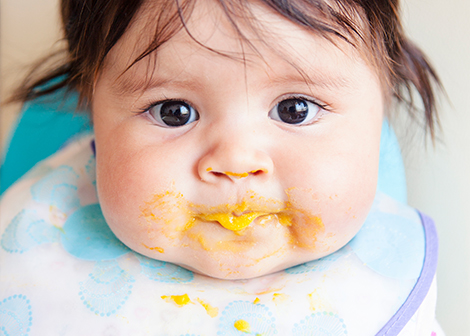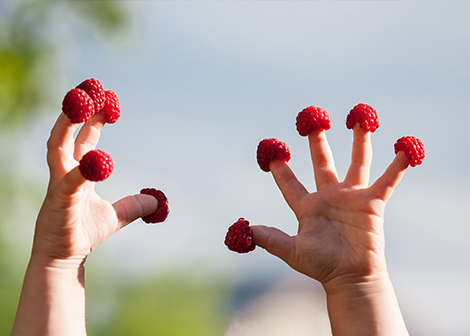As children approach the final years of primary school, they are undergoing a number of significant developmental changes.
Physical and emotional changes
Typically, young people in this age group are beginning to enter puberty and will start to experience a range of physical changes. Pre-teens may find these physical changes difficult to negotiate and understand, which can lead to different emotional reactions.
Emotionally, young people are beginning to develop their own sense of identity and individuality. As a result they are more likely to start challenging rules and ideas as a way of increasing their own ideas about how life works.
Risk-taking behaviour and challenging authority often results. Remember that this is a natural way of developing their identity and managing feelings. However, as they are often identifying more with their peer group than their family members, peer group pressure may make this harder to manage.
Supporting growing independence
Pre-teens often want to be more independent and can seek an increase in personal responsibility. Offering some opportunities for independent activities that are safe and have appropriate boundaries may demonstrate your understanding of these feelings.
Pre-teens may also begin experimenting with the beginning of romantic relationships as a way of exploring their own sense of self, the world, and their place in it.
These are natural stages of development.
Keep communicating
This is a great time to ensure you develop and maintain open communication with your child. Be approachable and open to discussing some of the more difficult questions that begin to arise.
It is okay to let young people know that you may not know the answers to some of their questions.
Reassure them that you can support them in understanding what is happening during this period where they have started changing from a child to an adolescent.
Want to know more?
Raising Children Network – Understanding Puberty
Learning potential – Encouraging resilience in your pre-teen







